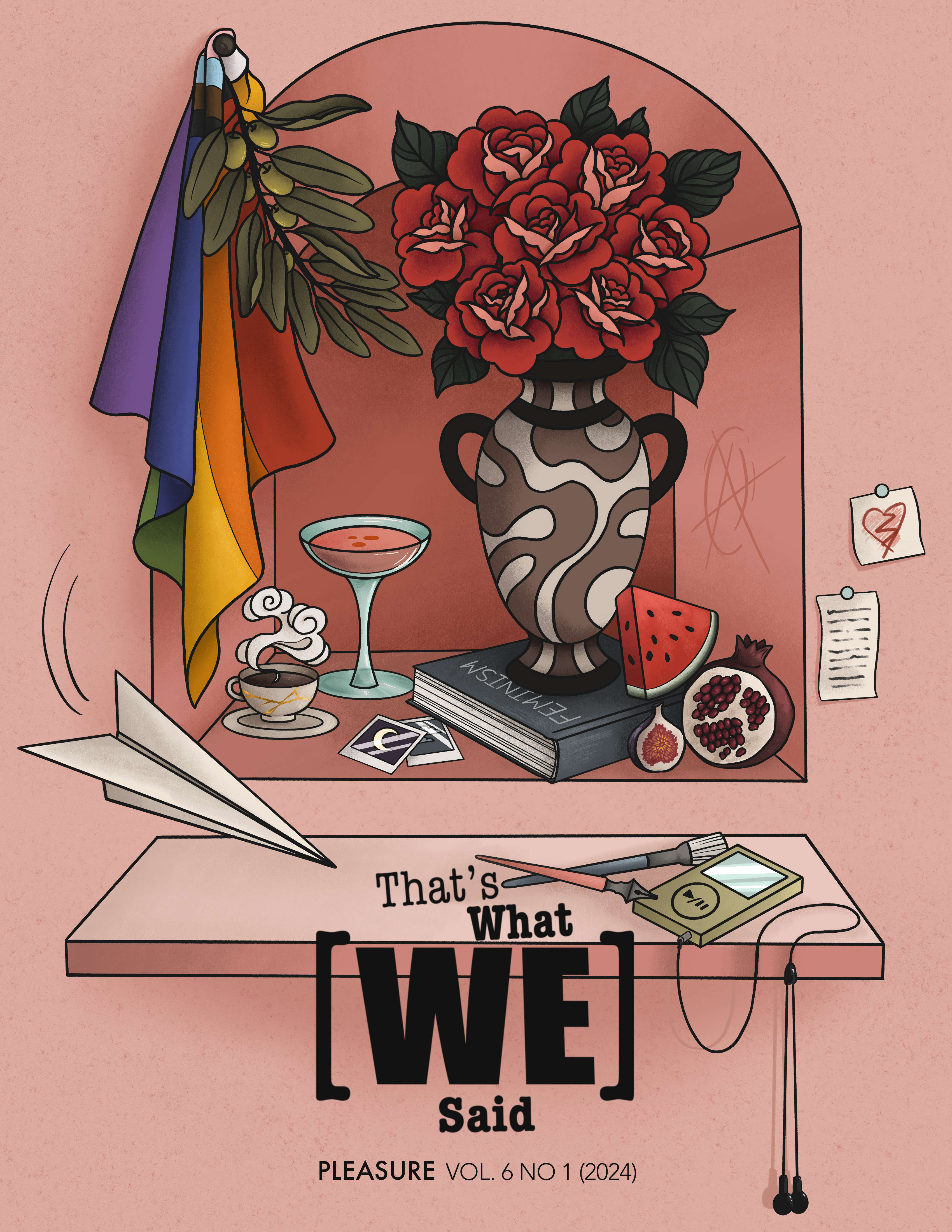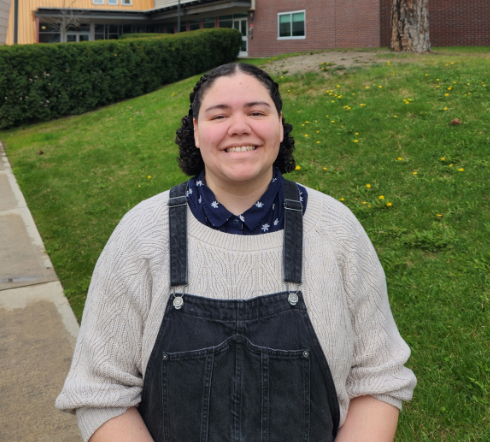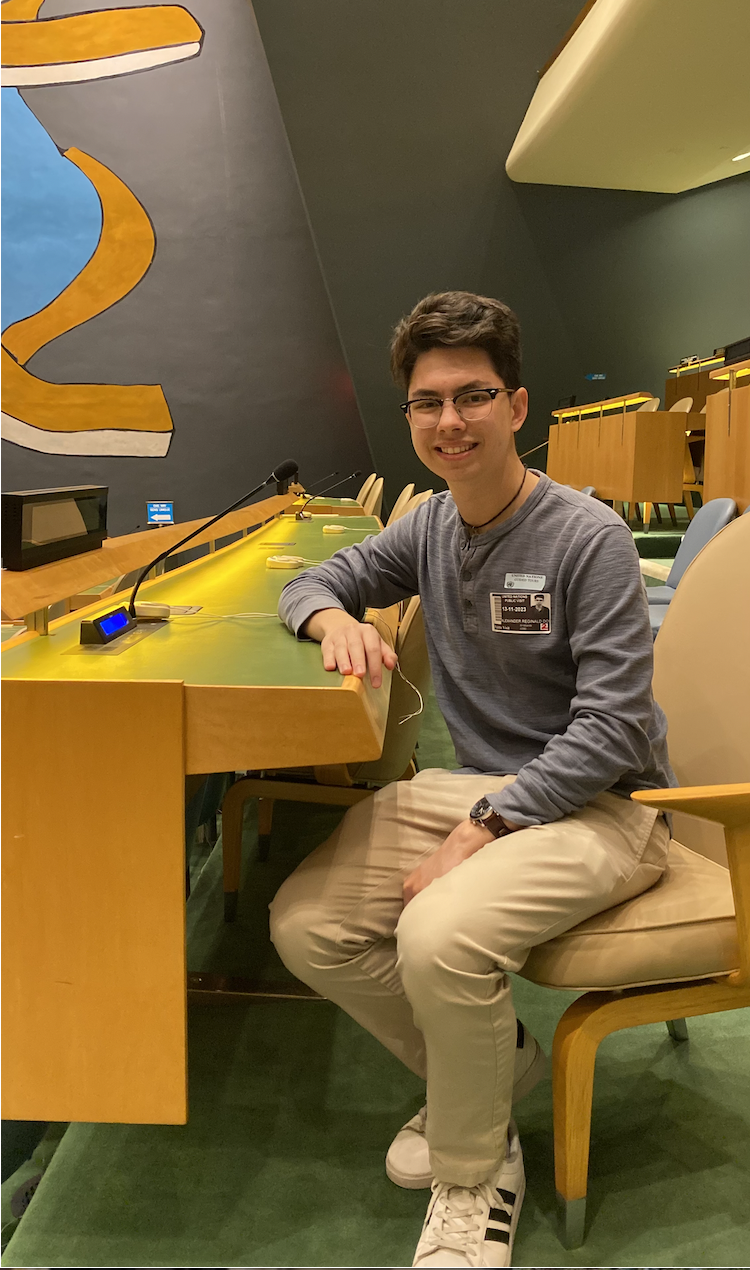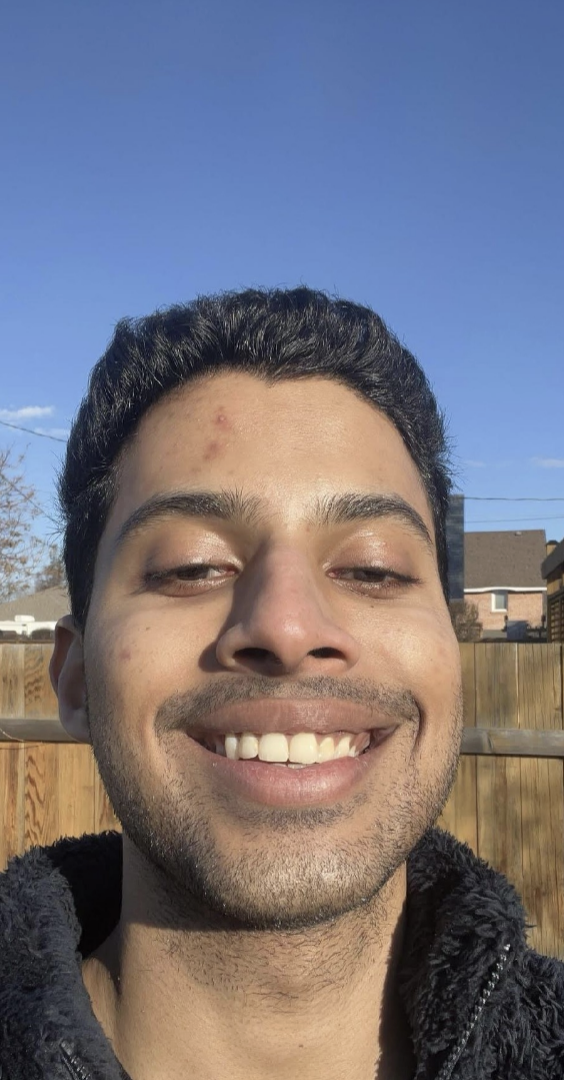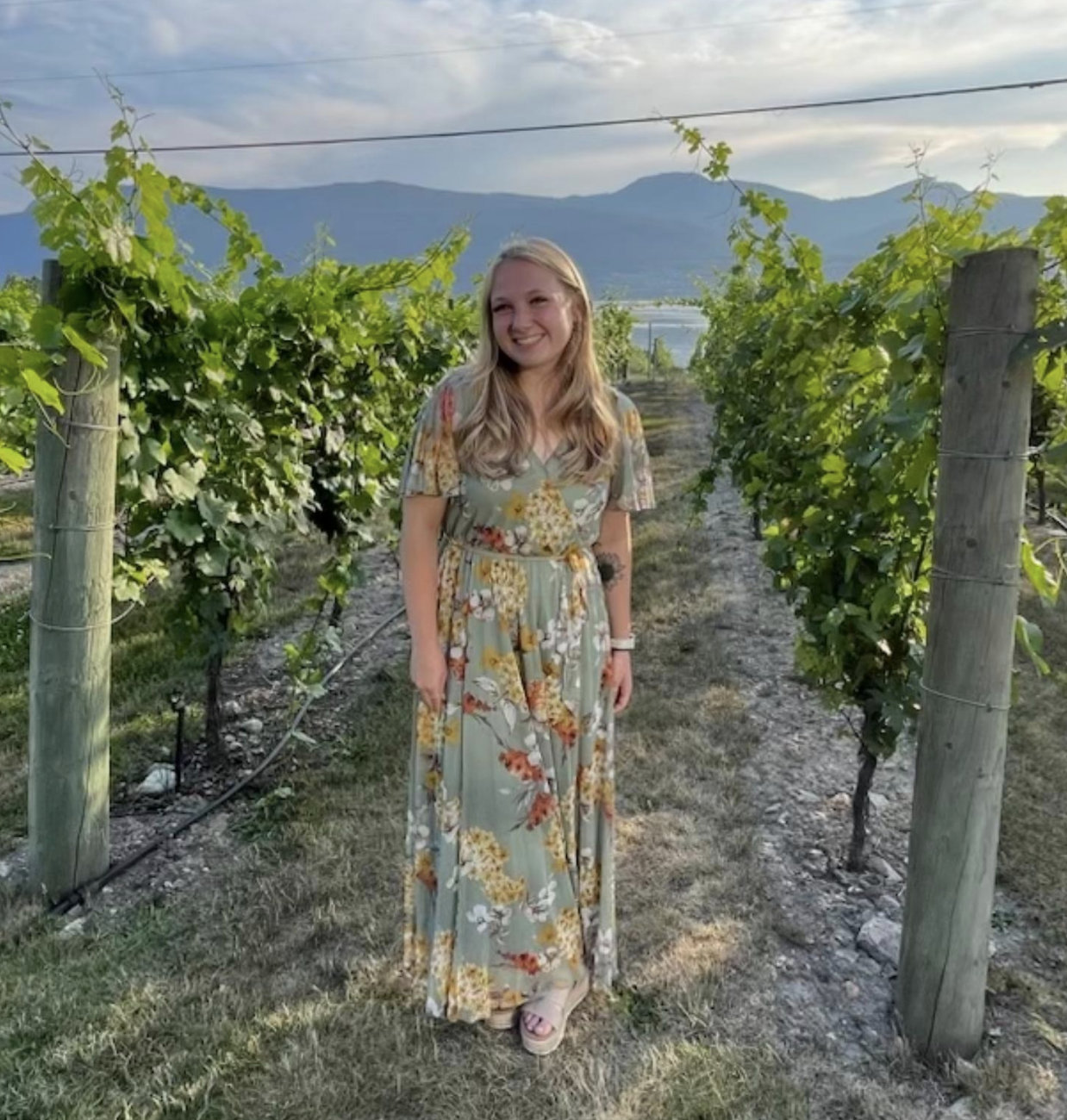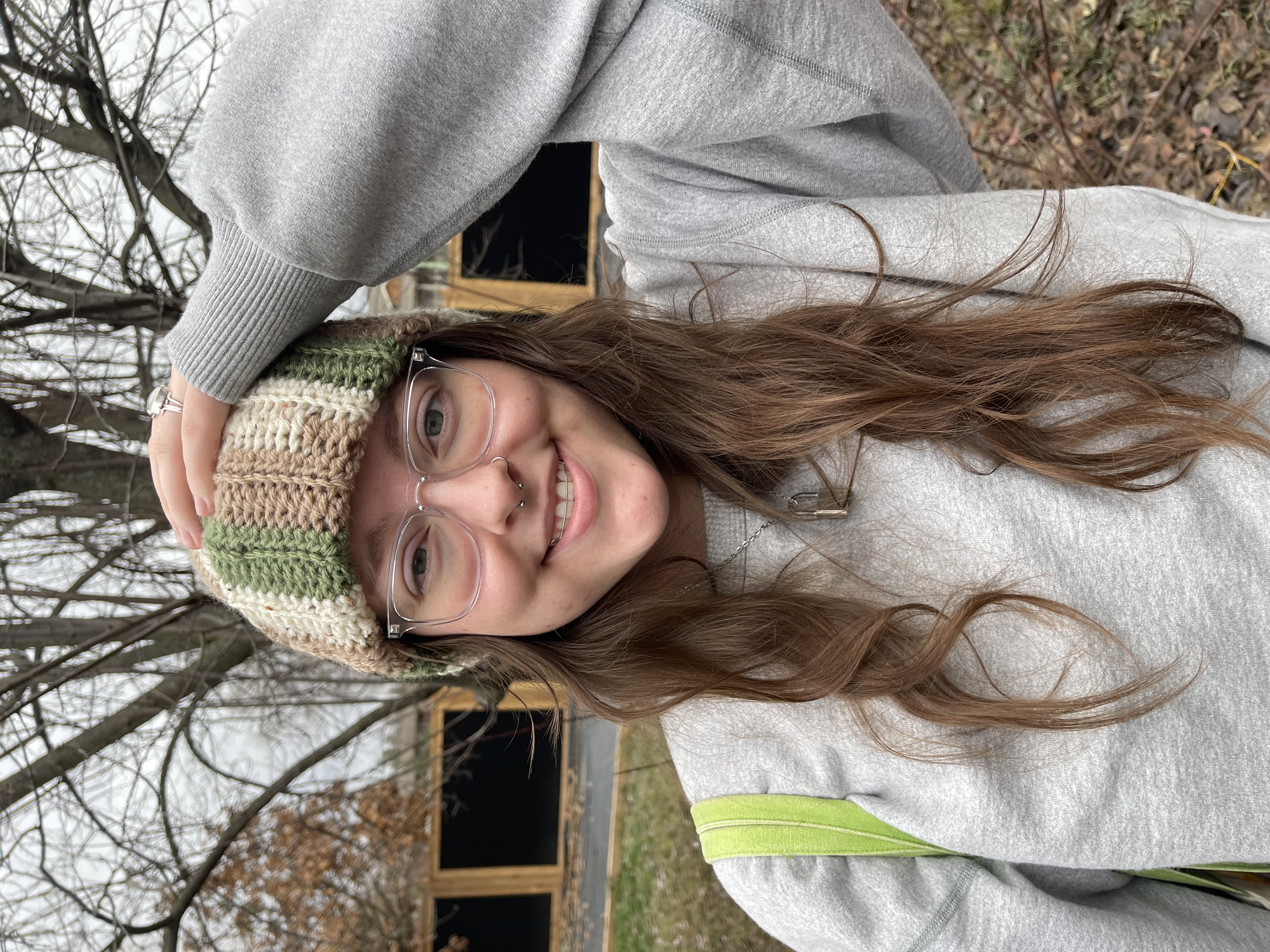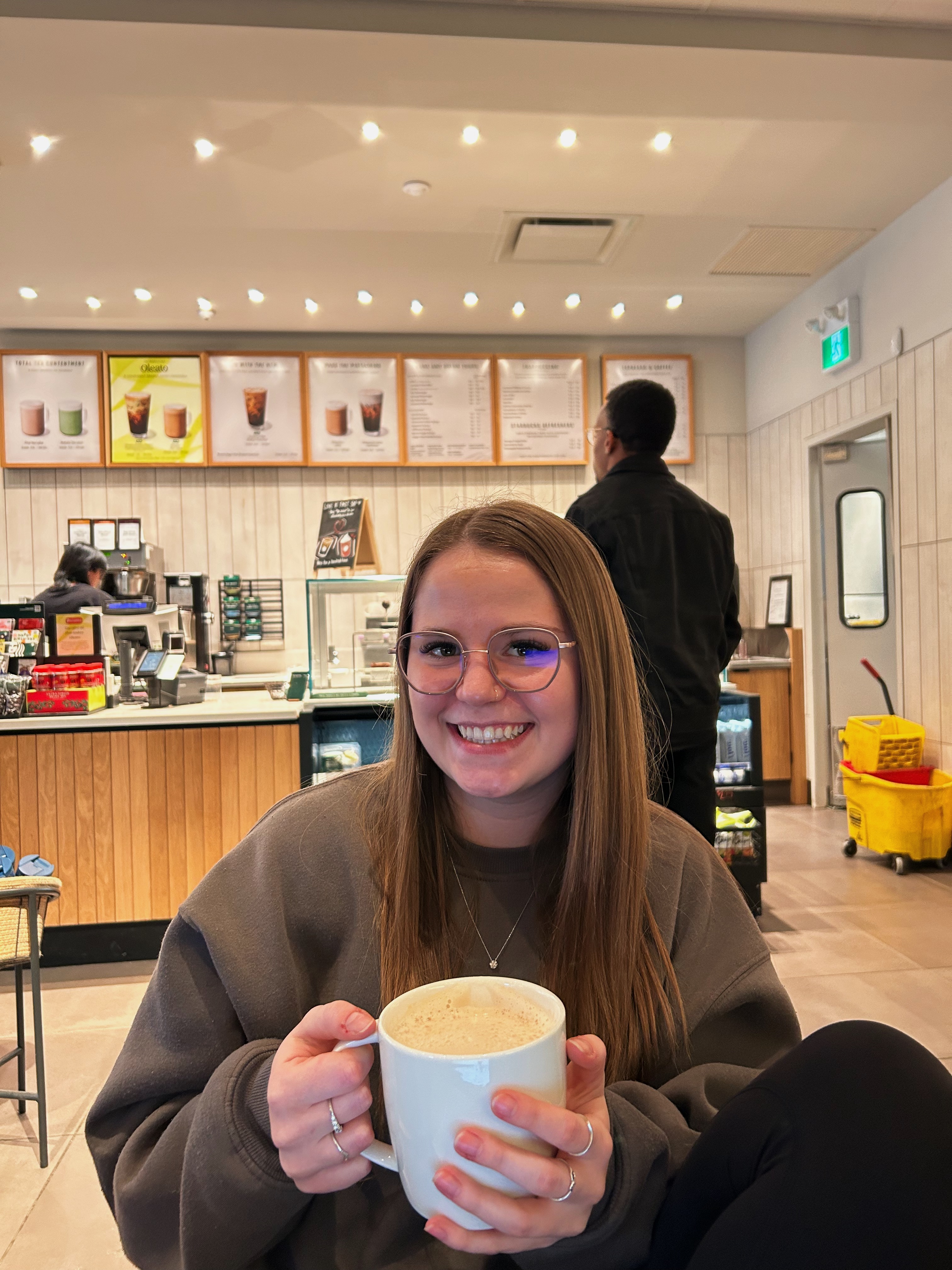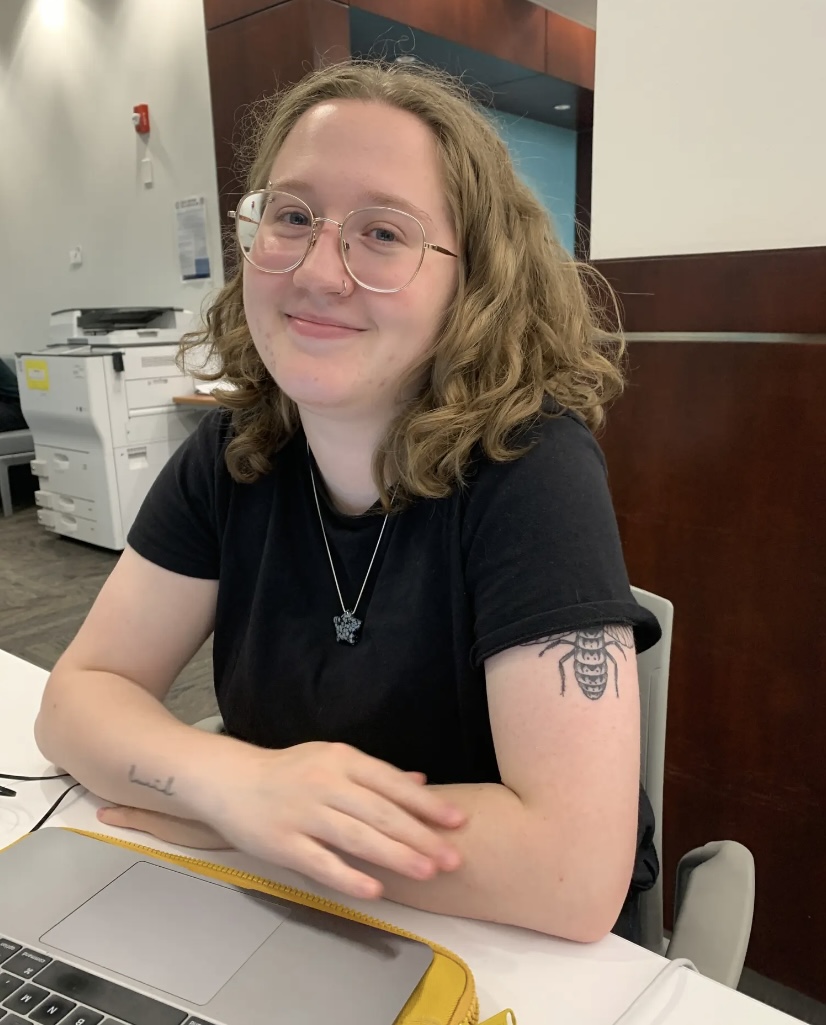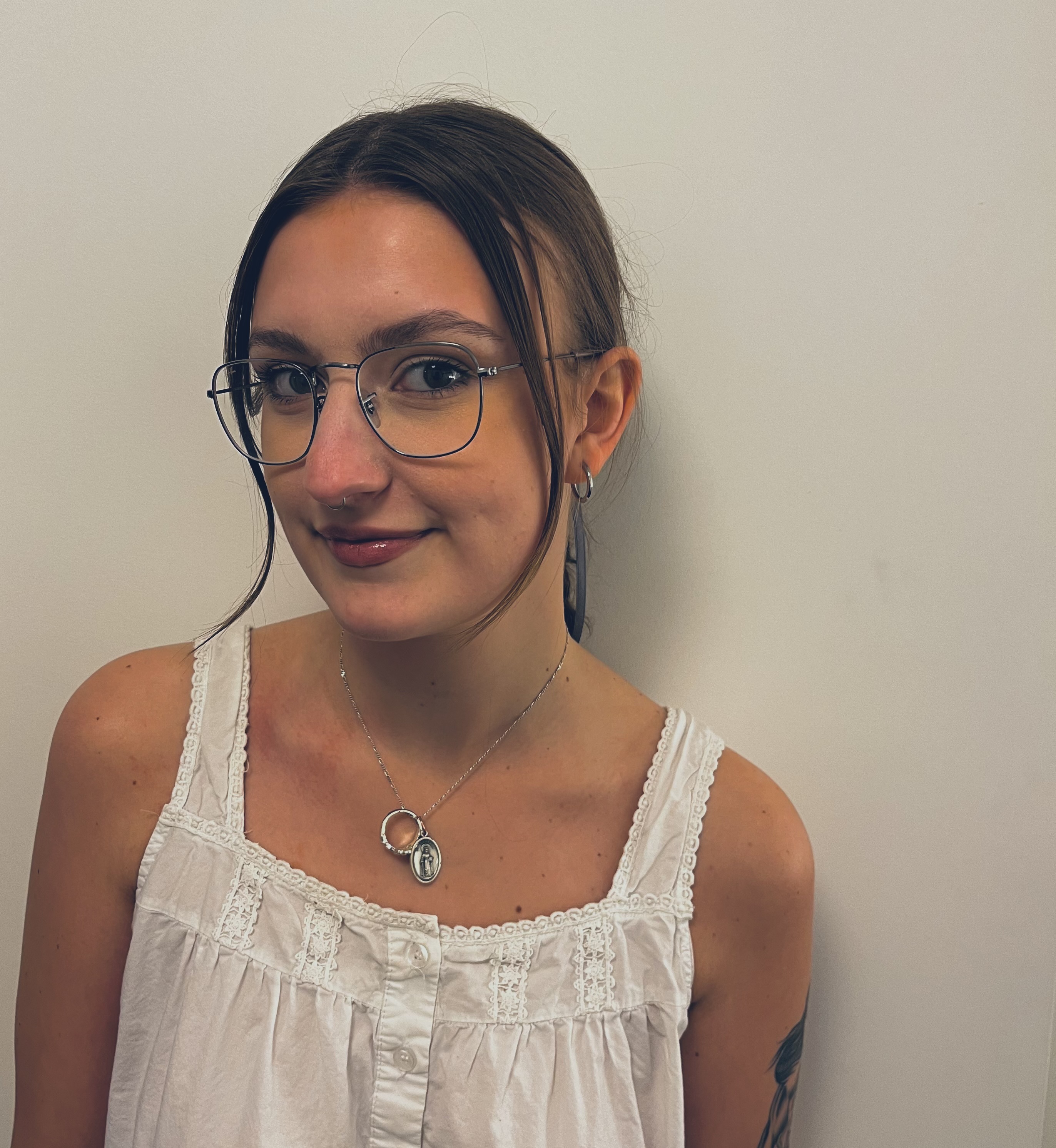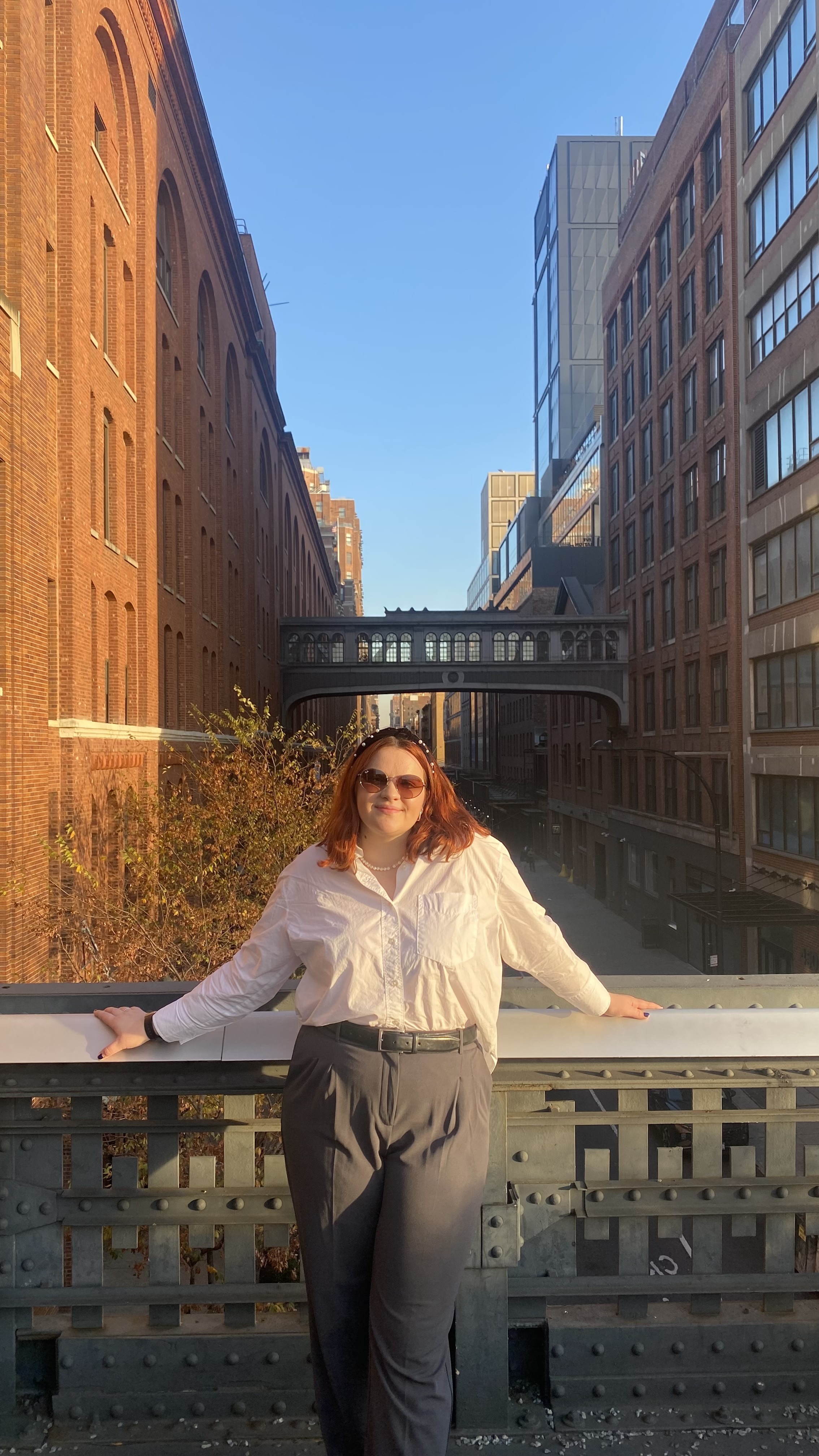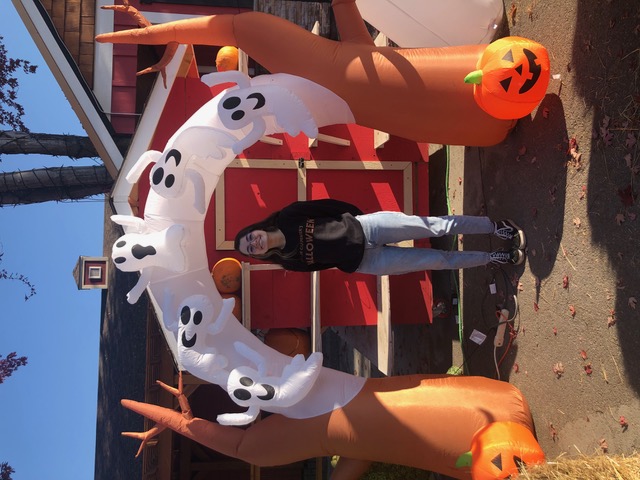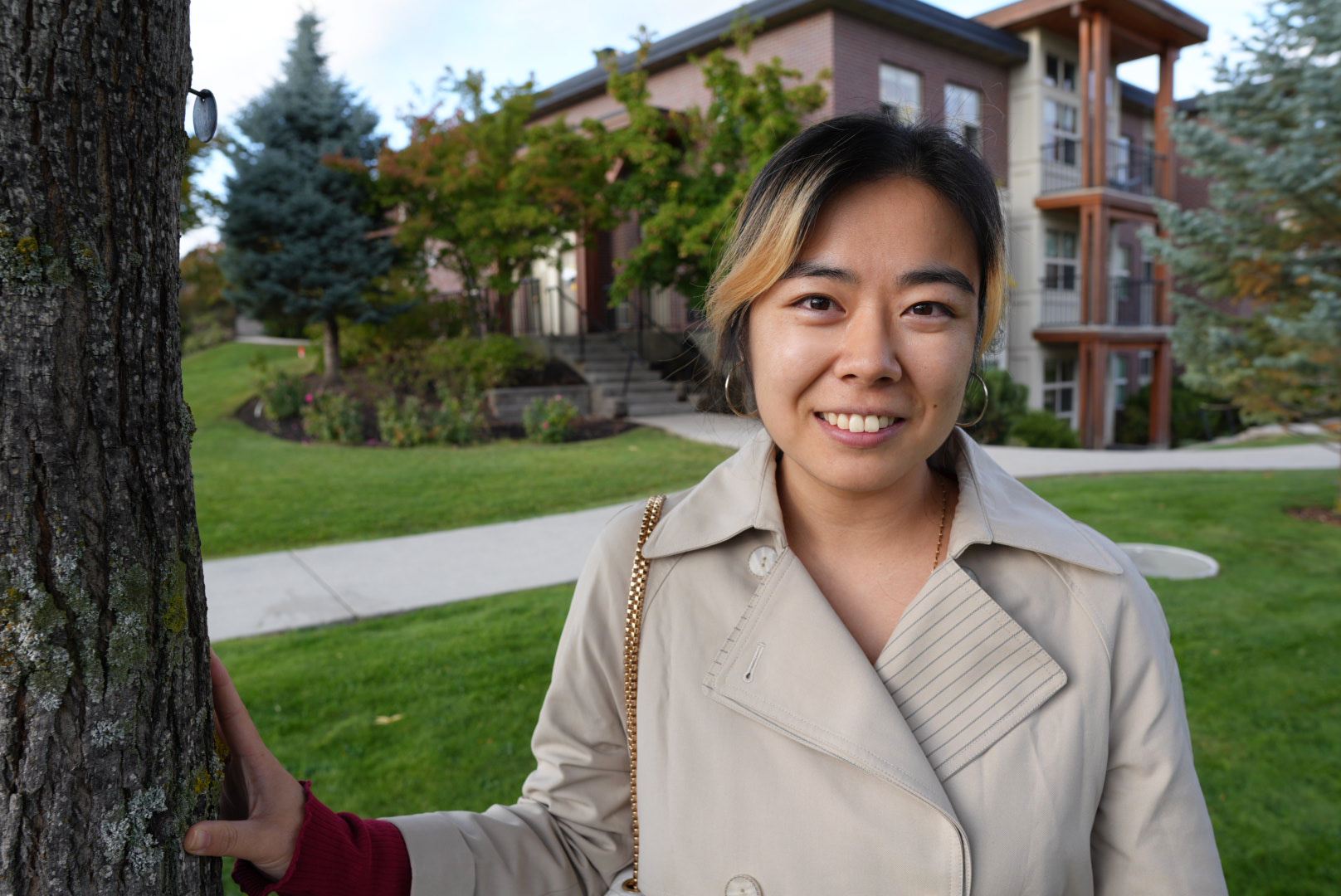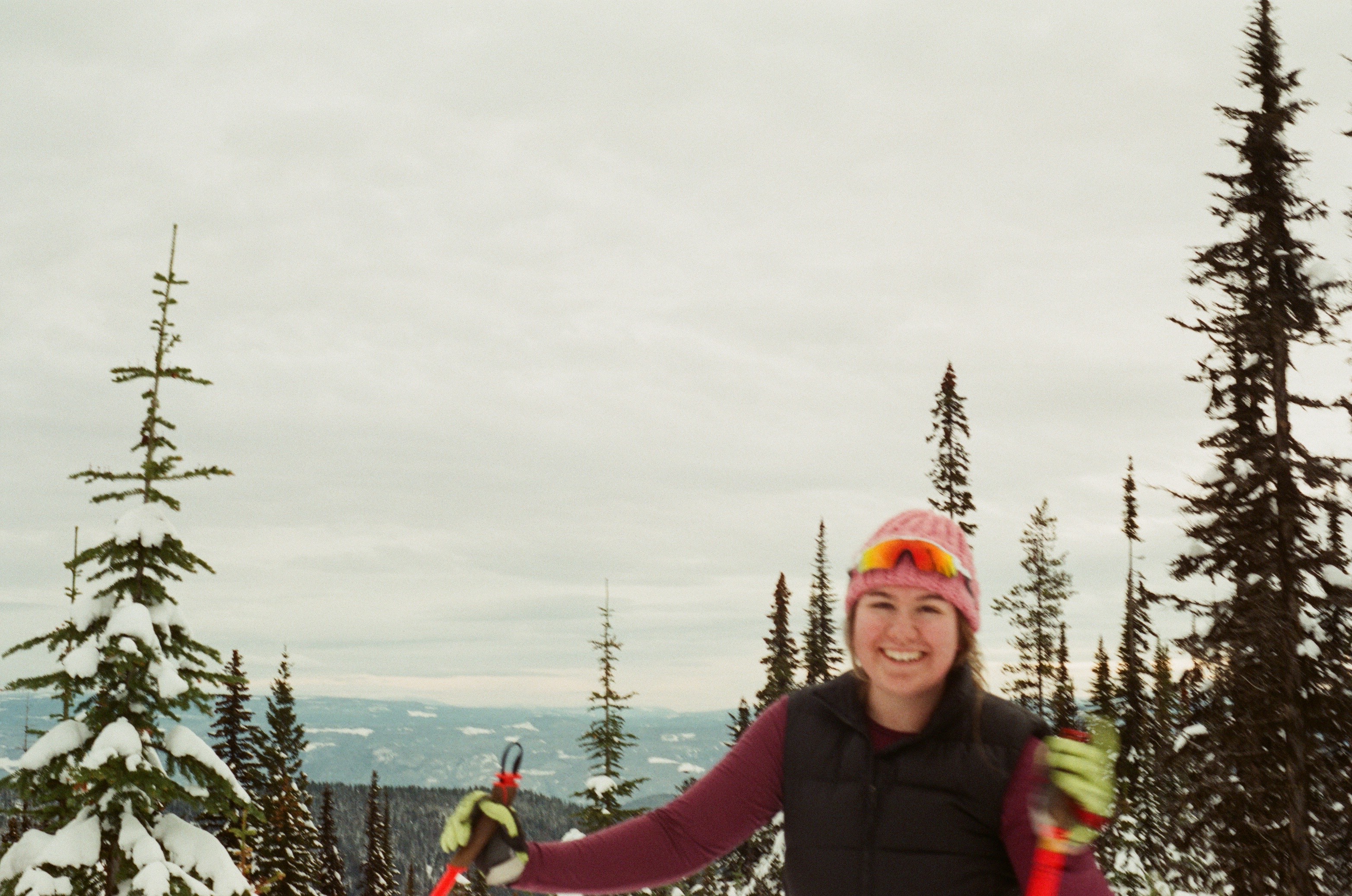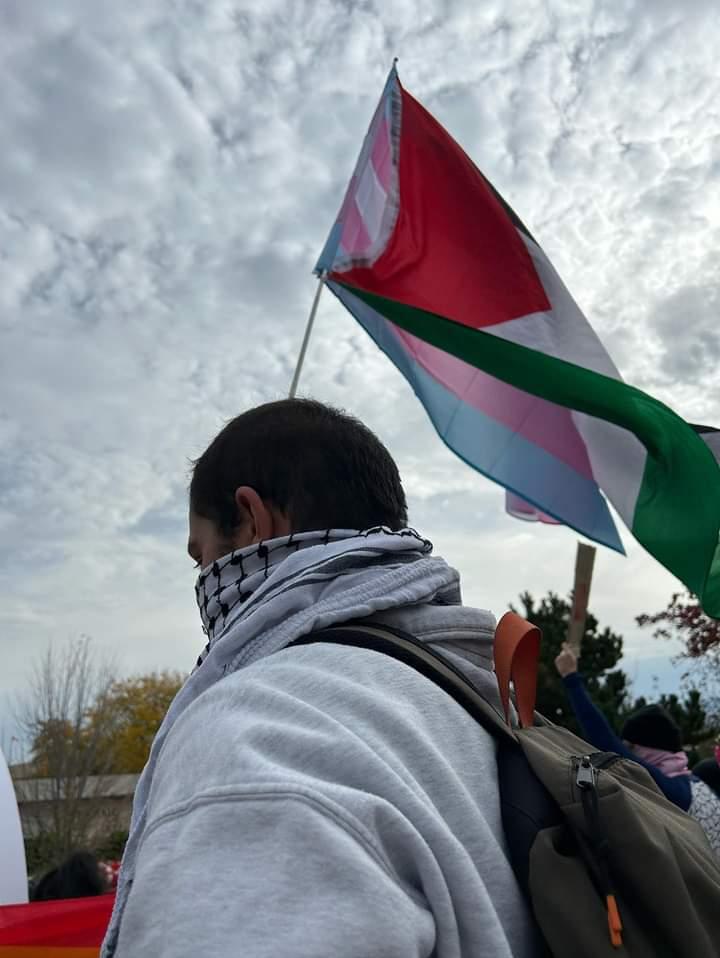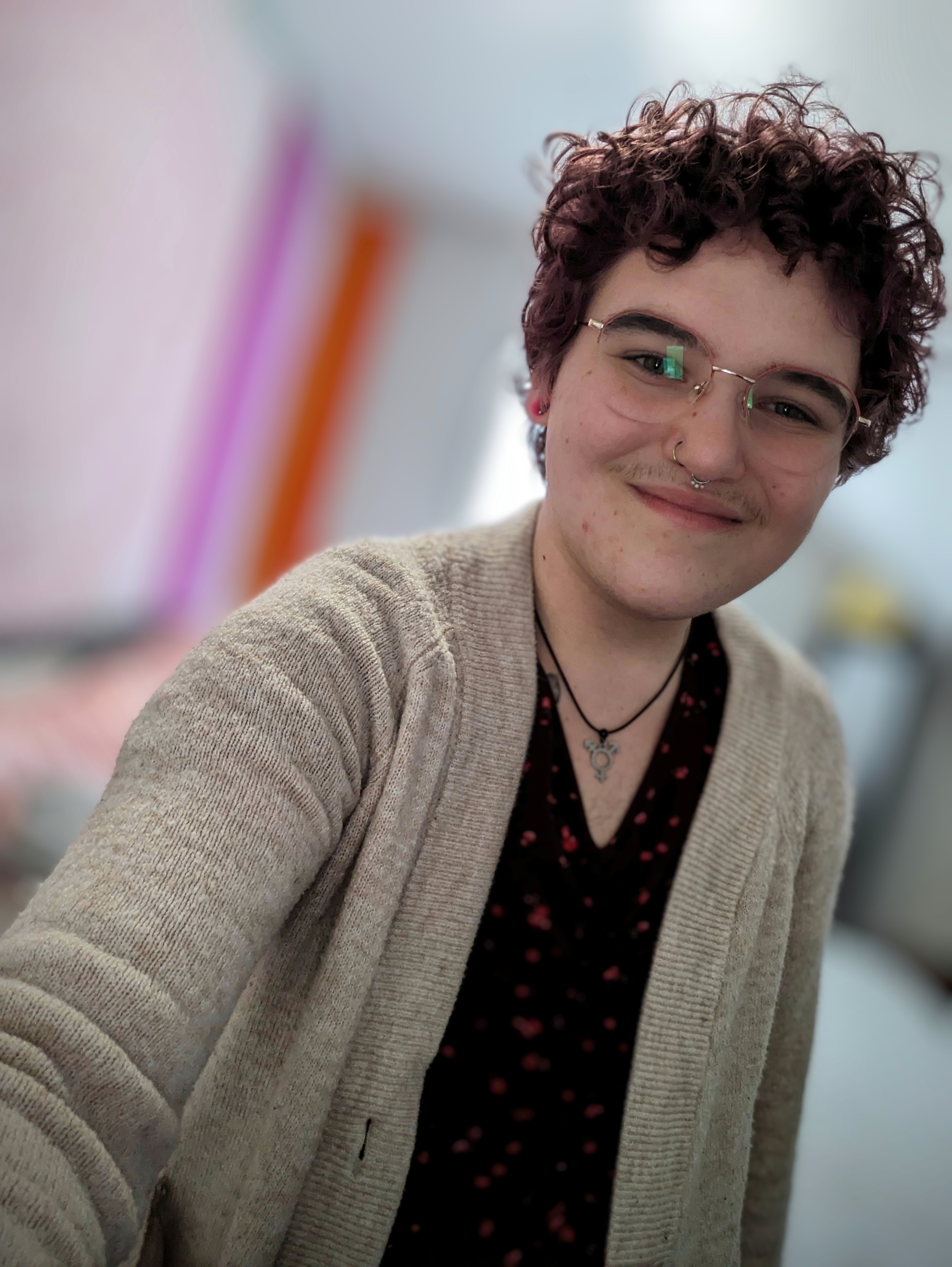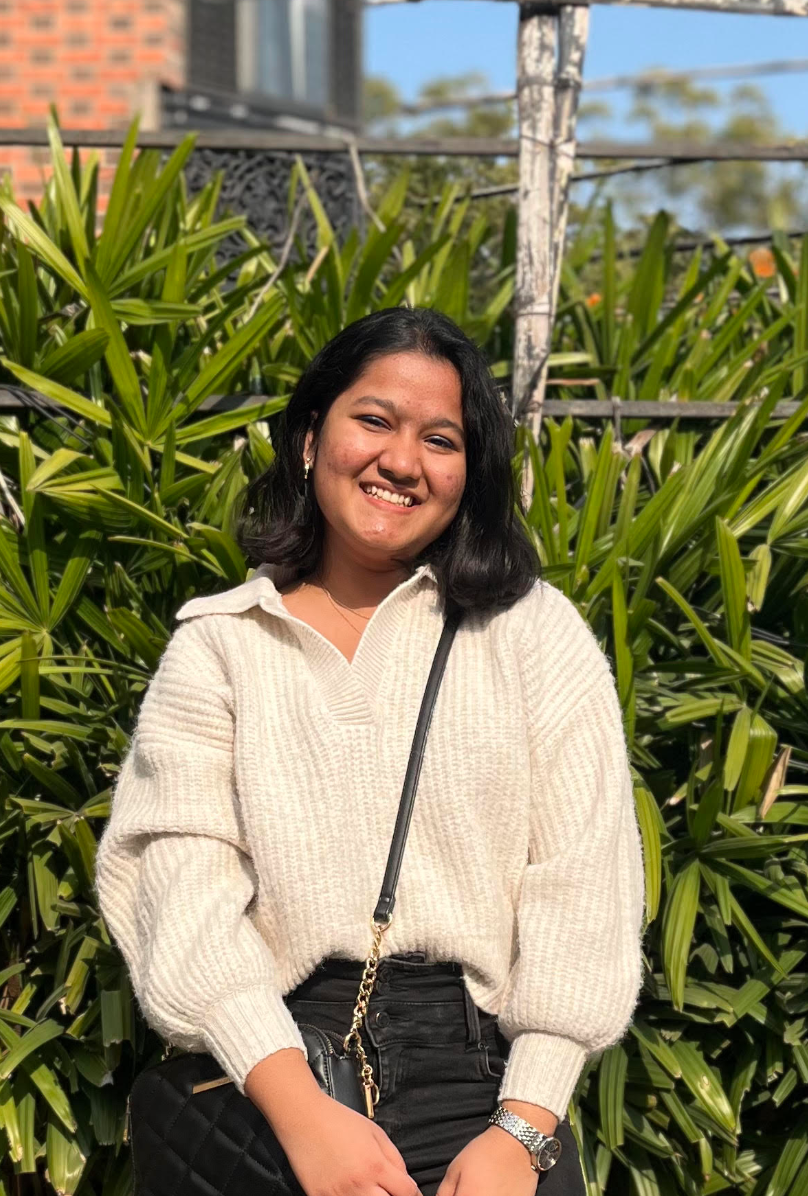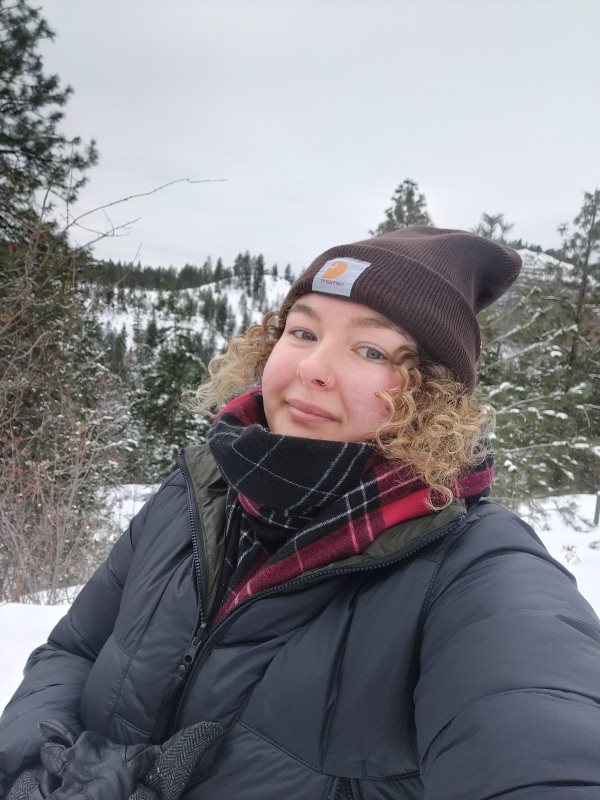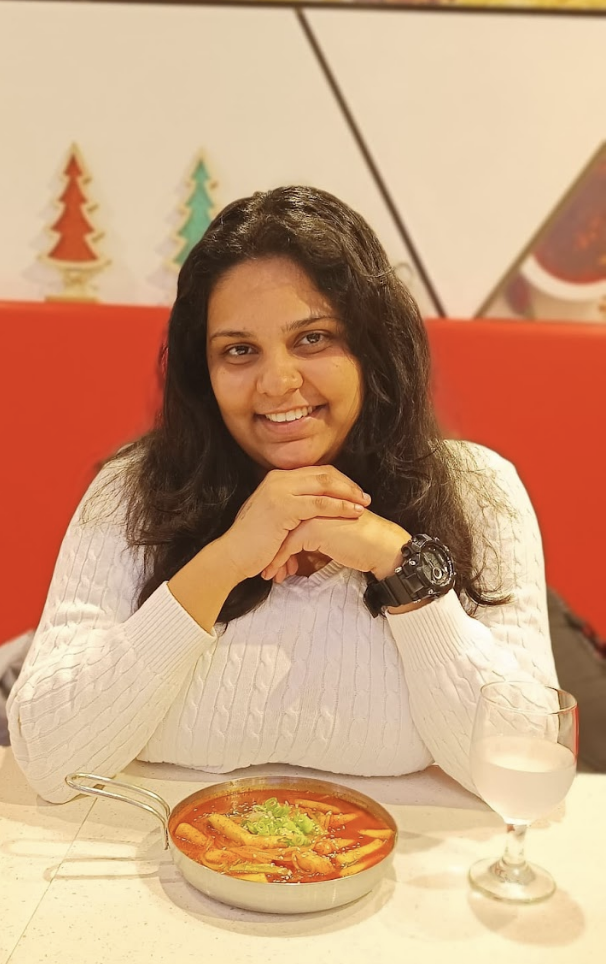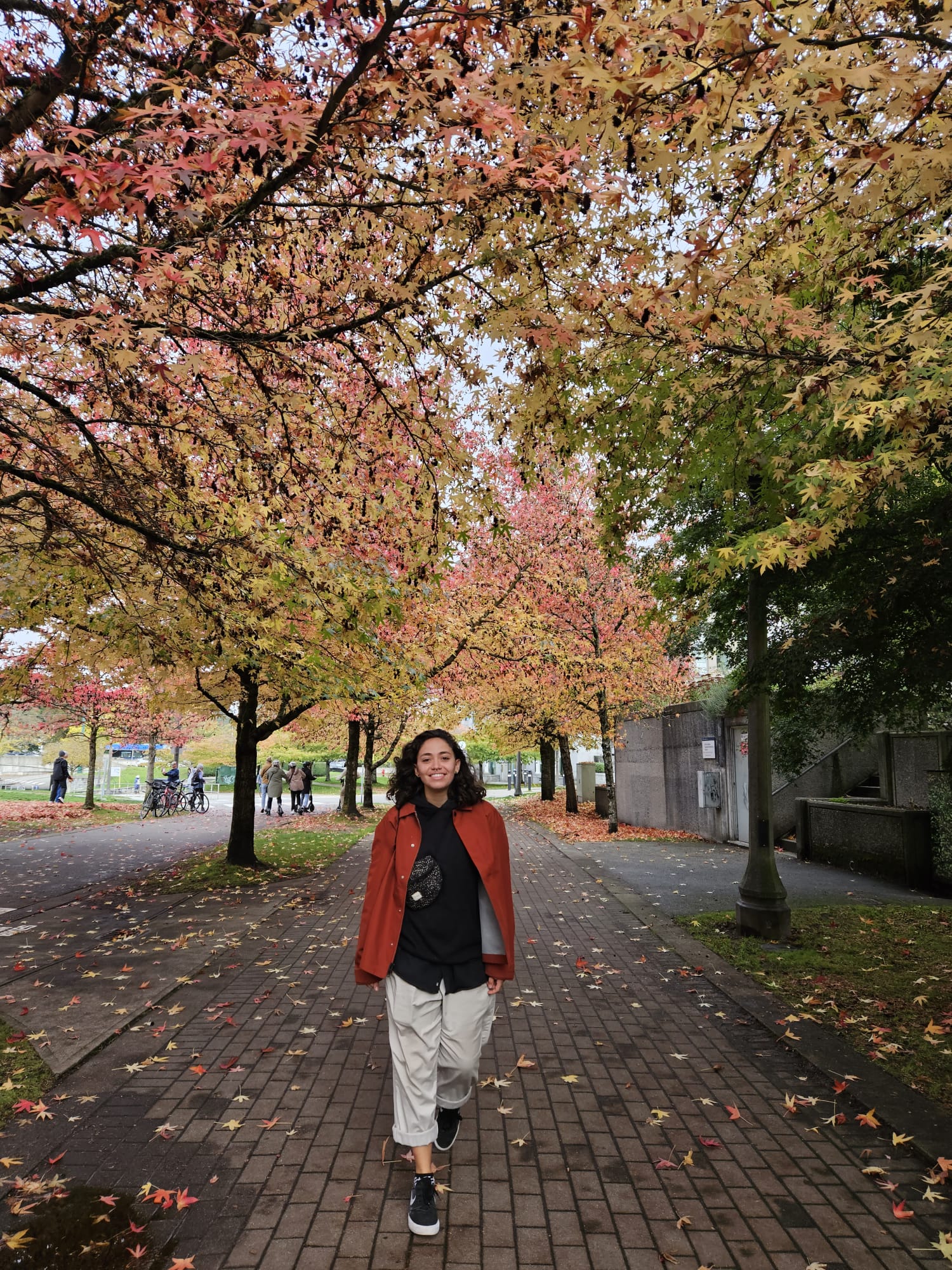About the Journal
That's What [We] Said is a collective that seeks to deconstruct stereotypes, assumptions, and boundaries about gender, women, biology, bodies, race, sexuality, geography, religion, nationality, identity, and everything in between. We acknowledge and draw attention to the unceded Syilx Okanagan territories that we write and publish from.
Current Issue

Dear Reader,
we are writing this piece at a time when several genocides are taking place around the world. How are we supposed to find pleasure and/or joy in these times? How do we expect you to find such pleasure or reflect on the ways our submitters did so? Sara Ahmed recently wrote on this topic, quoting Sarah Ihmoud’s question:
“‘What does it mean to practice feminism in a moment of bearing witness to genocide?’ In her beautiful piece, Ihmoud talks about her exchanges with Mona Ameen, a young Palestinian scholar in Gaza. She asks Mona if she has any messages for women and feminists around the world. Mona answers, ‘Keep posting and posting and posting about us … keep us in your prayers.” Sarah writes “ghassa/ غصة, that lump in our throat when the grief is thick and suffocating, to boldly disrupt the noise of complacency. We must loudly denounce this genocidal violence.’”
This is our attempt to do so— by talking about Palestine and resisting the occupation before it becomes another empty land acknowledgment.
In reflection of this, we would like you to take this time to reflect on what our theme, PLEASURE, means to you. Have you ever thought about how you define pleasure or what it represents to you? How is pleasure being expressed (or not) in your everyday life?
We chose this theme as we reflect on the state of our community and solidarities held across the globe. This past year has comprised of much darkness in the form of oppressive and hegemonic violence directed against marginalized groups, including but not limited to anti-SOGI rallies across so-called Canada, anti-trans legislation in Alberta, the continued Palestinian genocide, the war in Ukraine, the genocides happening in Sudan, Congo, Haiti and Yemen, MMIWG, issues of water inaccessibility on Indigenous reservations, pipeline man camps on Secwépemc land, and the continued recovery of gravesites on residential school grounds. These are violent and extremely difficult times to find ourselves within, but our committee is in awe of the ways in which these affected groups carve out time for pleasure, joy, kindness, and solidarity that are necessary for survival.
In our sixth edition, We, and many artists/authors, defined, negotiated, reclaimed and expressed a multitude of types of pleasure. For some folks, pleasure is easy to access. For some, it is difficult to find whilst navigating oppressive systems aimed not just at snuffing out pleasure but also non-normative modes of living. For many of us, pleasure is something that must be carved out and reclaimed in defiance of oppressive structures and systems. Our journal recognizes and honours these forms of queer, unlikely, unexpected and radical modes of pleasure. For this edition, it is our intention to provide a home for these voices and acts of reparative, radical pleasure. We would like to thank our submitters whose work reflects examples of joy, connection, kinship, humour and solidarity that can be found in unlikely, inhospitable places. On behalf of the That’s What [We] Said Journal, we want to extend a wholehearted thank you to our readers, submitters, cover artist, graphic designer and faculty liaison.
Our sixth edition is our largest yet! On behalf of our committee, we hope you enjoy these submissions as much as we have while editing and curating them for you. As you engage with these submissions, we hope you find connection, reflexivity, solidarity and just maybe, pleasure.
Limlmt.
That’s What [We] Said Editorial Team
Land and Palestine Acknowledgment
Wayʼ
The That’s What [We] Said Journal wants to take the time to recognize that our sixth edition, Pleasure, was created, edited, and produced as Palestinians are experiencing overt genocide. We remind ourselves and our readers that as we engage with this journal within the realm of relative safety, Palestinians have been facing 76 years of settler colonialism and since October 7th 2023 undergoing an ethnic cleansing and currently do not have access to basic human needs. We, also, acknowledge that our journal is produced on the traditional, unceded land of the Syilx Peoples. We recognize that our board members are uninvited guests on this territory and we are deeply grateful to live, work and play on this land that profoundly sustains us. We remind our readers that the Syilx Peoples are the rightful stewards of this land, who have been living, honoring and caring for this land for time immemorial.
As settlers/guests/visitors, we recognize that this land acknowledgment does not absolve us of further, more in-depth actions toward decolonizing our lives and community. We encourage our readers to learn from and alongside the Syilx People through the ample amount of resources provided by the Syilx People about the land on which we live on. Please take a look and continue to actively engage with and revisit the resources we provide below.
As a feminist journal, we recognize the parallels between the colonial context in which we are producing this edition and the genocidal destruction that is occurring around the world. We acknowledge a shared struggle for decolonization, one that spans across oceans, land, languages and kinships. Our liberations are interconnected.
A note on citation styles - Our journal embraces a dynamic approach to citations, diverging from rigid adherence to a single citation style or strict formal guidelines. This deliberate deviation is rooted in our commitment to fostering accessibility and promoting artistic expression. By allowing flexibility in citation practices, we aim to create a welcoming platform that encourages diverse voices and facilitates a more engaging and inclusive reading experience, while still honouring where our knowledge comes from and its interconnected uses within our submissions.

